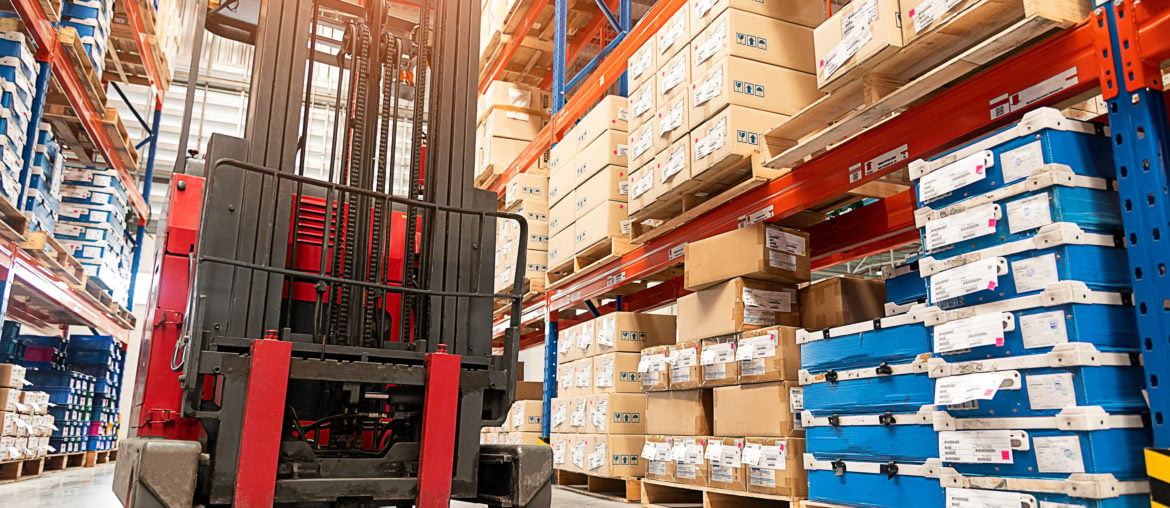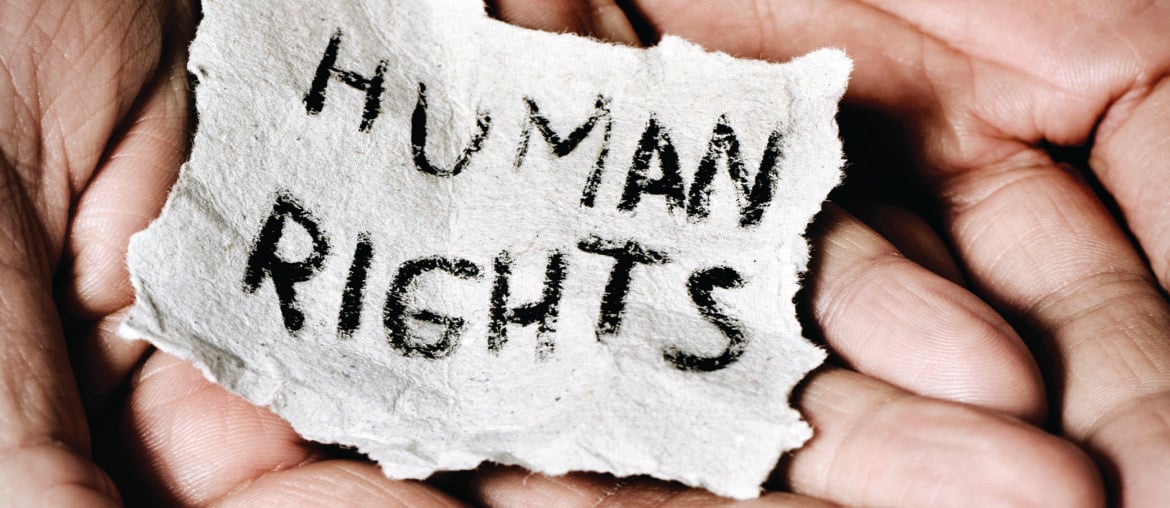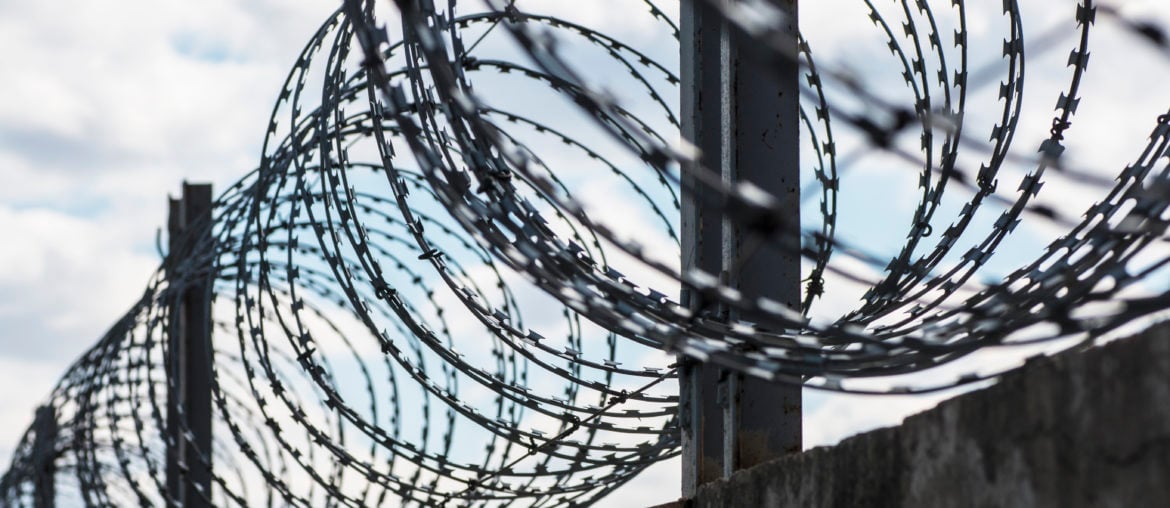Employees – including supplier workers – are the backbone of any business. Protecting worker safety in the supply chain is a complex undertaking, and COVID-19 has introduced additional complexities regarding employee safety and remote work. While this blog has touched on modern slavery and trafficking in prior posts, the following are a few of the most recent developments in other areas of worker safety and related considerations to help employers navigate the ever-evolving laws that…
Overview On July 20, 2020, Republican Senator Josh Hawley of Missouri introduced the Slave-Free Business Certification Act (“the Act”). If passed, the Act would require every “covered business entity” — defined as any issuer under section 2(a) of the Securities Act of 1933 that has annual, world-wide gross receipts of $500 million — to audit and report on instances of forced labor in their supply chains. Companies that deliberately violate the Act could be liable…
Overview The Alien Tort Statute (“ATS”) has been the subject of several US Supreme Court decisions over the past decade. To summarize its long and complicated past, the ATS is a statute that gives US federal courts jurisdiction to hear lawsuits filed by non-US citizens for torts committed in violation of international law. In recent years, plaintiffs have tried to use the ATS as a vehicle to hold multinational corporations liable for human rights violations…
Note that this post originally appeared on Baker McKenzie’s Sanctions and Export Controls Update blog. On July 1, 2020, the US Department of State, jointly with the US Department of Treasury, the US Department of Commerce, and the US Department of Homeland Security, issued an advisory (the “Advisory”) to caution US businesses about the risks of supply chain links to entities that allegedly engage in human rights abuses including the forced labor of Uyghurs, ethnic…
Corruption and sourcing-related human rights risks are top of mind for many companies, and for good reasons. Both risk categories potentially carry substantial legal and PR risks and can be outside of a company’s direct control to the extent they are implicated by the conduct of third parties. However, corruption and responsible sourcing risks are often managed by different corporate functions. Corruption risks traditionally fall under the ambit of the legal/compliance department, whereas responsible sourcing…
Child labor and other human rights violations occur around the world, and completely eliminating them from corporate supply chains is a daunting task. However, companies can take several steps to mitigate the risk of violations in their supply chains while demonstrating a firm commitment to responsible sourcing. A recent British documentary highlights both the importance of these steps as well as the limits of even the most aggressive measures. Britain’s Channel 4 Dispatches recently aired…
Governments around the world continue to signal that companies should prepare for a future where responsible sourcing programs that include supply chain human rights due diligence become a legal obligation. On February 20, 2020, the European Commission published a report titled “Study on due diligence requirements through the supply chain” (“the EC Study”) which examined the need for a EU-level regulation of corporate due diligence obligations aimed at identifying, preventing, mitigating and accounting for human…
On March 11, 2020, the Congressional-Executive Commission on China (“CECC”) announced new proposed legislation, the Uyghur Forced Labor Prevention Act, to establish a rebuttable presumption that all labor occurring in Xinjiang, China, or by persons anywhere in China who are involved with the “re-education through labor” program targeting Chinese Turkic Muslims constitutes forced labor within the meaning of the U.S. forced labor import ban, 19 U.S.C. § 1307. The proposed act would also impose sanctions,…
On March 9, New York Governor Andrew Cuomo announced that in response to the hand sanitizer shortages caused by the spread of the novel coronavirus, New York State will purchase hand sanitizer from a company that employs prison labor. According to Cuomo, the goal is to make 100,000 gallons of hand sanitizer a week. This hand sanitizer will reportedly be provided to state schools and prisons. The announcement has been met with criticism from politicians…
The U.S. Department of Labor (“DOL”) has reiterated its commitment to combating child and forced labor in supply chains, with an apparent regional focus on South America, Africa, and Southeast Asia. The U.S. government’s continued push on labor violations in corporate supply chains is further evidence that companies should be considering how well their compliance programs cover detection and deterrence of these abuses in their supply chains. On January 27, 2020, the DOL announced that…




